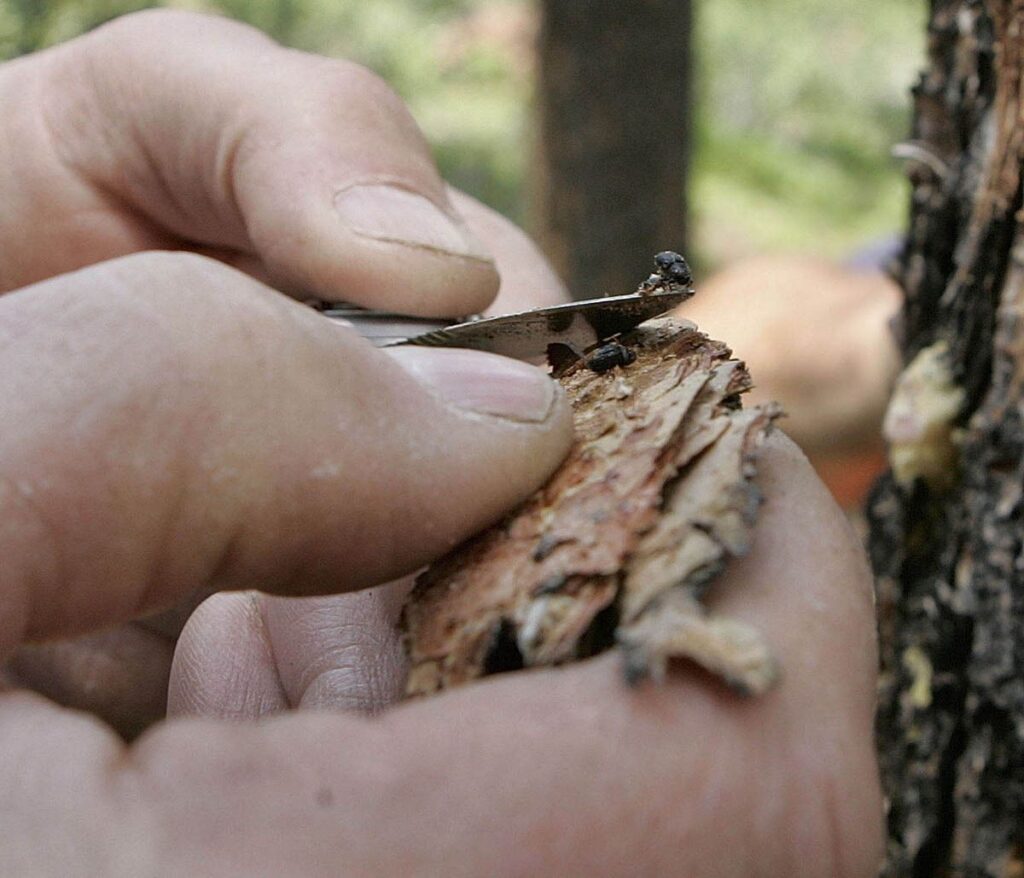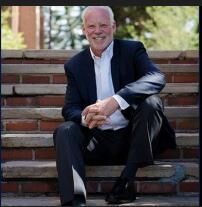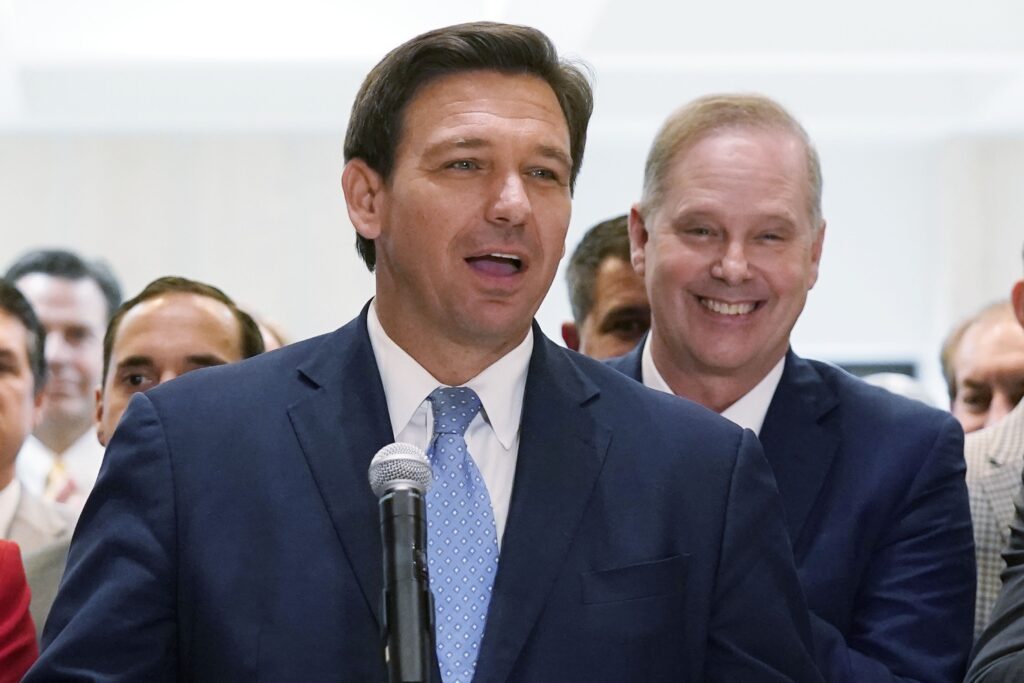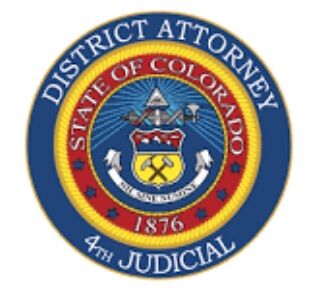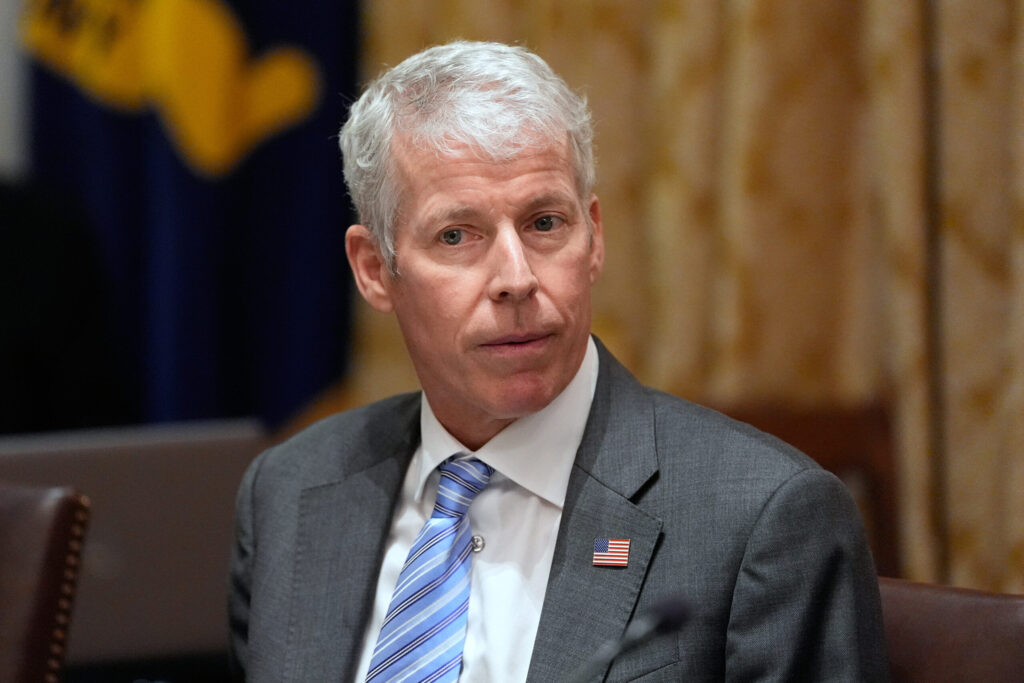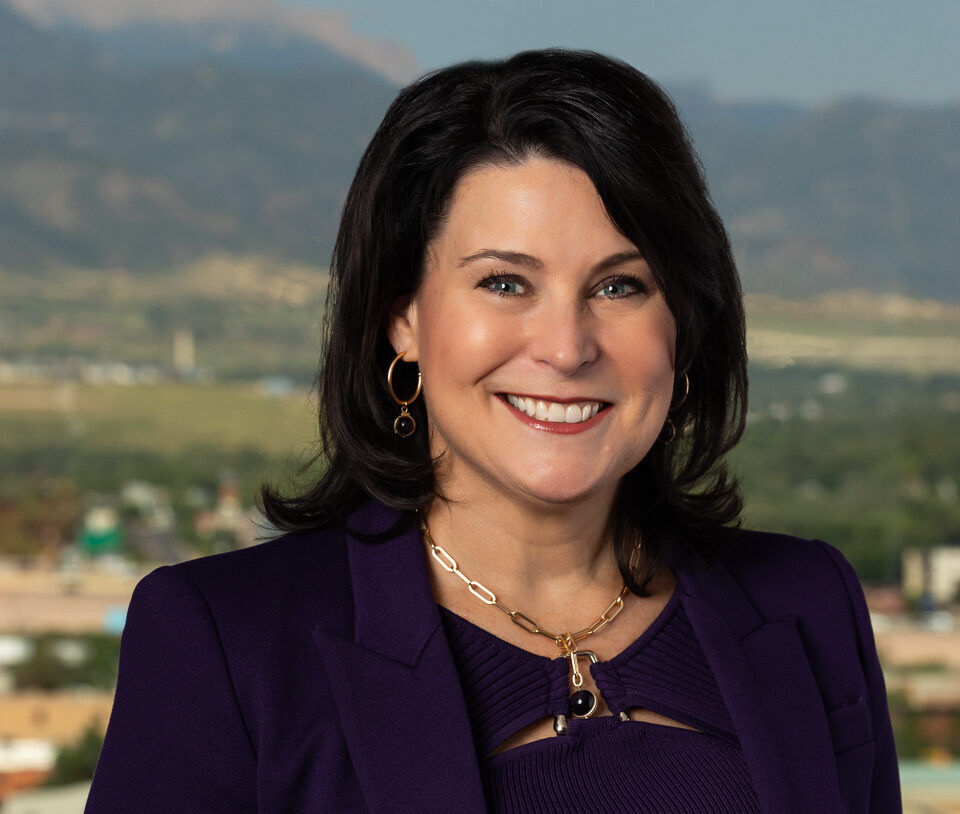Q&A w/Keith King: Businessman, politician and more — but always an educator at heart
Keith King has been a success at a number of endeavors in his 69 years: a prep basketball standout; an entrepreneur who built a nationwide chain of waterbed stores; a Republican politician who was returned to office repeatedly and rose to the leadership of the state House of Representatives.
Yet, if you want to know what really gets him out of bed in the morning, just ask him about Colorado Early Colleges. That’s the innovative charter school he founded and continues to run in Colorado Springs – where he and wife Sandi raised two sons – and has since expanded to three other campuses along the Front Range. His commitment to education always has been a driving force in his life: He took his bachelor’s degree in industrial education from Southern Colorado State College in Pueblo (now Colorado State University-Pueblo); was a shop teacher in California and Oregon, and got his master’s in vocational education at Oregon State University.
The business bug bit him when he moved to Colorado Springs in 1977, and he wound up opening 18 Waterbed Palace locations across the country. All the while, though, education was always near the top of his agenda – even inspiring him to launch his lengthy political career. He was elected to his local school board; to the state House, where he served as majority leader; to the state Senate, and finally to the Colorado Springs City Council, where he served as council president. Along the way he racked up a host of awards and honors.
Colorado Politics: You were a very successful entrepreneur and business owner. Why the leap into politics?
Keith King: I always liked to create policy, even when I was in teaching. I liked to come up with new ways of doing things in business, as well. Being an entrepreneur, I wanted to see if I could run and get elected. I ran unsuccessfully for the Colorado Springs School District 11 board; then we moved into the Cheyenne Mountain School District, where I eventually ran for school board and won in 1992.
CP: During your time in the legislature, you were one of the foremost voices for wide-ranging education reform and one of its leading architects. What first inspired you to embrace school choice and other reform policies for public education?
KK: After I was elected to the board of the Cheyenne Mountain School District, I started looking at ACT scores. They were starting to go down. I had heard charter schools (new in Colorado at the time) were making their employees work 40 hours a week – I thought everybody worked 60 hours a week – so I did a survey of the district’s teachers and found they worked 33 hours a week. It was around then I also started Cheyenne Mountain Charter Academy (a charter school) in my basement while I was on the Cheyenne Mountain board, in the mid-1990s. I served only one term on the board and was voted off over my involvement with the charter school. I went on to become president of the charter school’s board.
CP: What were some of your more significant accomplishments as a legislator?
KK: I created the GT Pathways bill enabling kids to go from Pikes Peak Community College to CU. Kids would get their courses at a community college and then transfer to the university. That bill is my pride and joy. We have saved kids hundreds of millions of dollars in tutiion. The creation of the Colorado Charter School Institute also was very big. I created a definitnion for early colleges (programs letting high-schoolers enroll in college) that sticks today. It had far-reaching implications. Early-programs in Colorado have total flexibility because of the definition, and enrollment in them more than doubled after that bill.
CP: What is it like running an innovative – and expanding – school like Colorado Early Colleges? What is the most rewarding aspect of it?
KK: To see the kids walk across the platform at graduation with college credit, some with an associate’s degree and some with a bachelor’s degree. We tell kids you can accmplish things you never thought possible. We all have capabilities way beyond what we use. If we get out there and try to be successful, we’ll be shocked at what we can accomplish. We are teaching them you can choose to be successful if you want to become successful.
CP: Where does Colorado need to go next on the path toward education reform and more educational options?
KK: One thing it should do was part of a bill that just passed the legislature this year. It will track the actual outcomes of high school graduates (in assessing school performance). Also, I think we need a more aggressive chartering authority. I would like to creat a chartering authority that is K-14 with community colleges involved.
CP: After you left the legislature, you served on the Colorado Springs City Council. Was that more fulfillment or frustration?
KK: That was frustration. It’s a fight over dirt, actually. It’s all about who’s going to pay for the improvements serving any new development. I tried to be fair and find a balance. I made some friends, but the developers in the end probably weren’t too happy with me.
CP: At the legislature, you were known as a staunchly conservative Republican who nevertheless was adept at working across the aisle. Is there a Democrat you were particularly fond of working with?
KK: Probably the most liberal Democrat I ever worked with was Evie Hudak. We worked on the accountability bill, SB 163, together in 2010. Then we’d debate against each other over judicial issues. Then we’d share a laugh about it all afterward.




